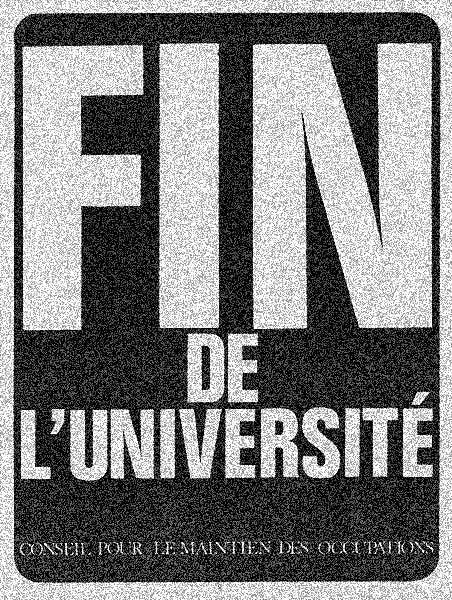The Knowledge Industry
Academic knowledge is entirely reducible to the endogenous dynamic of the capitalist mode of production.
In the autumn of 2000 the mayor of London, Ken Livingstone, famously called for the removal of two statues of Victorian generals from Trafalgar Square. The article provides a history of the sculpture and space at this landmark location in the British capital, an intensely contested and fluid site that has been constantly redrawn and rebuilt, its statues…




